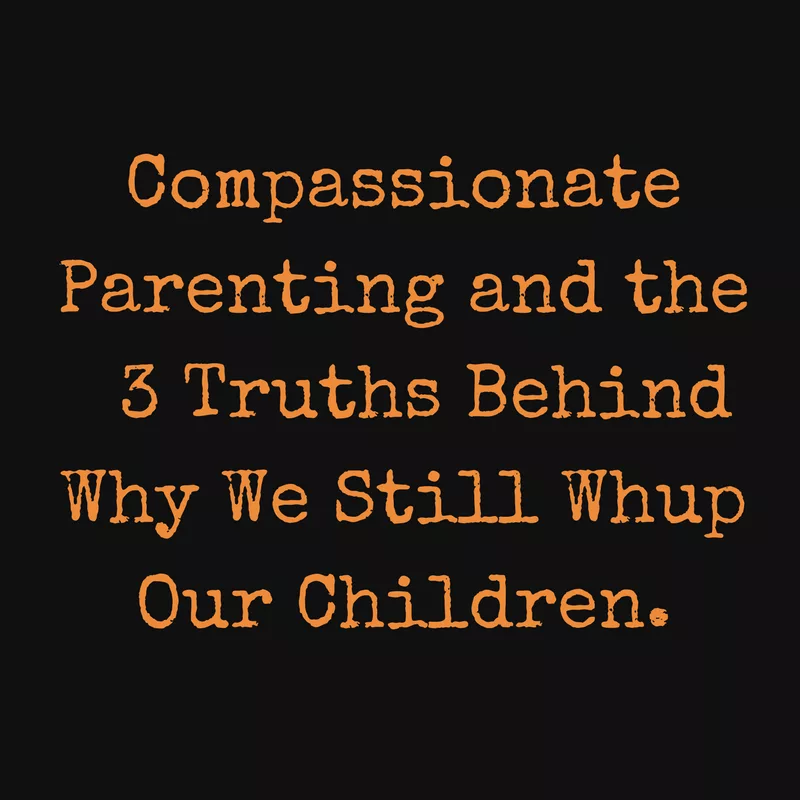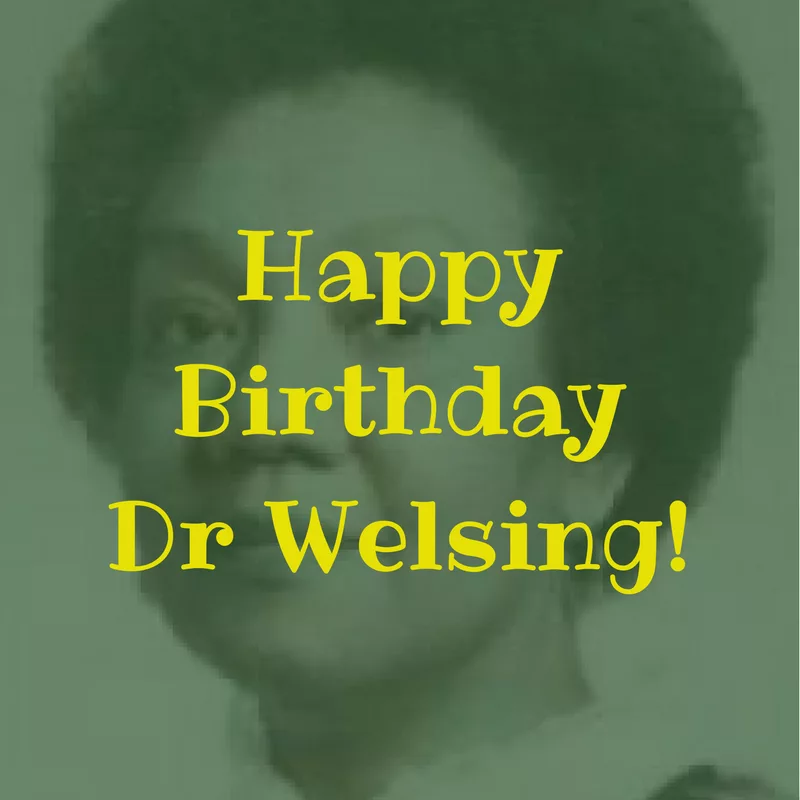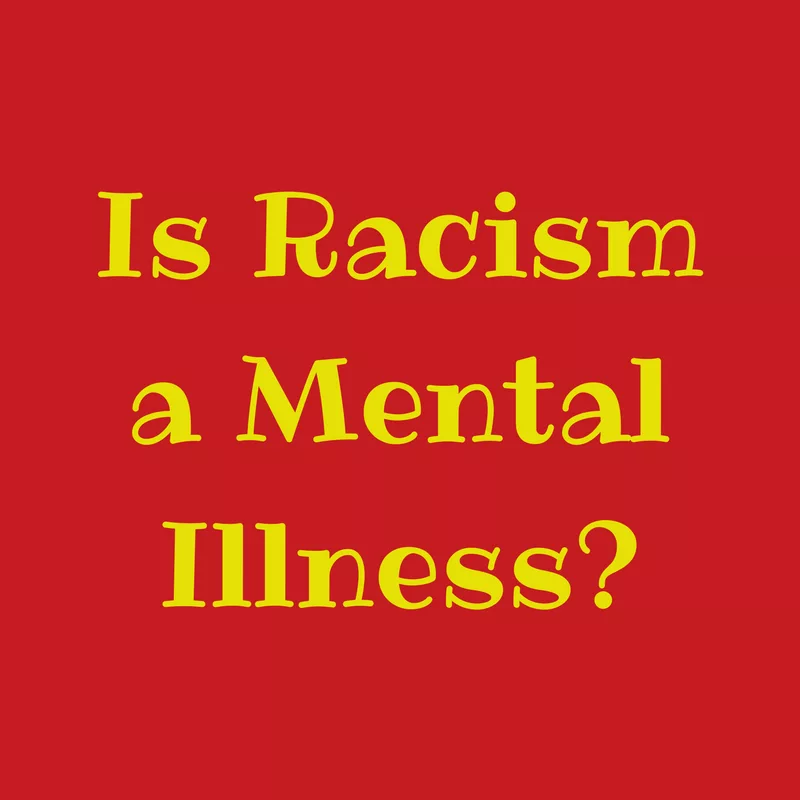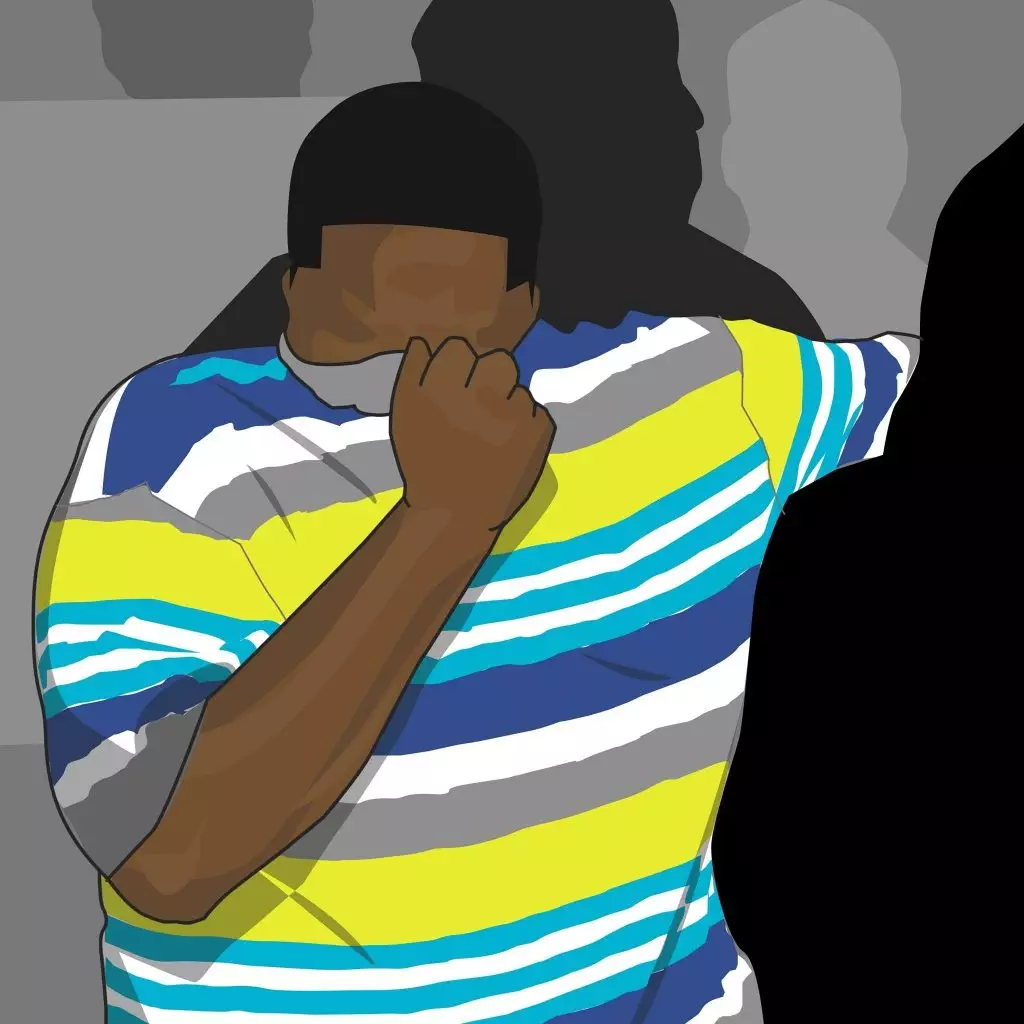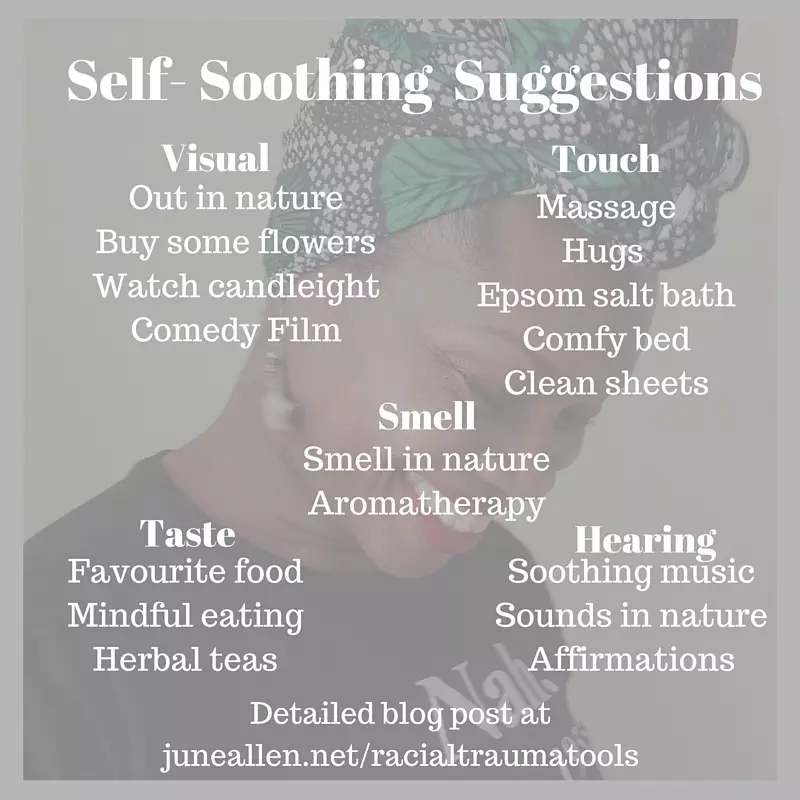
In my previous post, I shared Jesse William’s powerful speech from the BET music awards, where he shared the unapologetic truth about our black pain. Many felt empowered at being acknowledged on such a public platform, and his speech along with our appreciation went viral. However like clockwork, it didn’t take long for white supremacy to slap the hope out of our mouths, with an onslaught of black male murders, committed by racist white law enforcement. This erupted into violence, where officers were also killed in the fall out.
As I send virtual condolences to the families of the deceased, I am also deeply concerned about the impact of the video murders of Alton Sterling, and Philandro Castile on our black psyches. One of the most valuable commodities in maintaining white supremacy, is our ongoing traumatisation and emotional abuse. When we remain in this confused state, it’s much easier for us to be manipulated and controlled on mass.
I chose not to watch any of the videos, because seeing my people killed with impunity is to upsetting, and I need to be as present as possible in order to be productive. It’s hard enough that I’ve been trying to finish this post for the last 2 days, but my insomnia and the daily rise in dead bodies meant that I needed to just surrender to being human, and take some time to collect myself, before coming back with something supportive from an emotionally sober place. Now that I have refueled a bit, I’m sharing 5 simple tools to help you manage your racial stress.
Process not projection.
When we’re exposed to this trauma, we can feel powerless, angry and numb as a consequence of the initial racist abuse, and then the secondary social abandonment. Our body reacts to this emotional violence, by generating the energy which prepares us for a fight or flight response. If this is not discharged, it can end up being negatively recycled and projected unconsciously into our closest relationships. This means that our heightened state may cause more irrational responses towards our loved ones. We may also feel resentment, mistrust and anxiety around other white people in our personal and/or professional circles. These feelings are all completely normal, and if we’re able to be honest with ourselves whilst practicing the other tools, we’re less likely to act on them in a destructive way.
Discharge the energy.
Discharging this energy involves doing an activity which will help to process and move the stress outside the body. When I woke up this morning, I was exhausted from very little sleep and still feeling anxious and emotionally numb. However, after 30 mins of Jamaican style movement to some banging Afrobeats, I felt a lot more present and willing to engage the day. Other suggestions include,
- Punching pillows or the bed (in private). Set a timer for 1 min, and fill up the time. When I do this exercise, I also like to picture someone who represents my upset. May I appropriately suggest Donald Trump or for my UK people suffering after the rise is racist attacks after Brexit, you can use Nigel Farage or Boris Johnson. Pick what works for you and pound it out. You’ll finish exhausted, but so much lighter.
- Take long, deep, conscious breaths for 3 mins and visualise the negative energy leaving your body.
- Rage journaling is where you allow yourself to do some free flow writing about your feelings, cussin’ to the max when necessary! Finish off with some slow breaths and a gratitude entry.
Self – Soothing
Self soothing techniques can really help the recovery process, as you consciously practice behaviors which will reconnect you to yourself. This self care is about self-compassion, being gentle in the same way you would a young child. Use each of your 5 senses (vision, hearing, smell, taste, touch) and right a list of your favorite things to build a self-soothing toolkit. You will recognise a lot of these simple techniques, but to practice them more consciously will empower you inside this system of powerlessness.

Community
Community spaces, particularly at this traumatic time are incredibly important. Choose one that feels safe with people you trust to share feelings and give support. Religious organisations and culturally specific support or recovery groups can be great resources to find help and explore your feelings. Community empathy from your tribe can be very healing and great for processing our collective grief.
Boundaries
Our personal boundaries mean that we can identify and communicate clearly what is acceptable to us. At this vulnerable time, the natural reaction may be to withdraw and protect ourselves emotionally and psychologically, so understanding where the boundaries are, are an essential part of the healing. It will also help to have an honest discussion with your family about how you will deal with this, and be clear on where your boundaries are as a unit. Consider carefully where your triggers are regarding social media and take a break if needed.
In closing, Jesse Williams explained that ,‘it is not the job of the oppressed to comfort the bystander,’ so if you need to take some temporary time away from your white friendships, give yourself permission to do so. You are under no obligation to justify or engage in conversation about your boundaries with any white supremacist, ‘all lives matter,’ ‘not all white people,’ ‘what about black on black crime,’ ‘not all cops,’ ‘yeah, but he should have moved his right foot,’ rhetoric, which are clear deflections from the truth about the war on black people. It’s your pain, your choice.
Be tender with yourself, till next time
In Service
June
